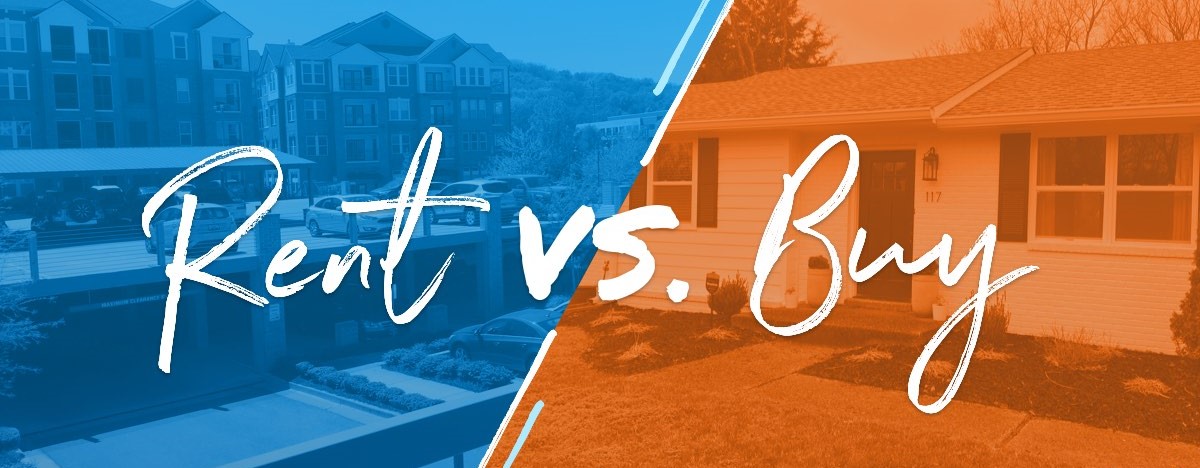The decision to RENT or BUY a home depends on various factors, and each option comes with its own set of PROS and CONS. Here’s a breakdown of some key considerations:
Pros of Renting:
- Flexibility: Renting provides greater flexibility since leases typically last for a shorter term compared to a mortgage. This is beneficial for those who may need to relocate for work or personal reasons.
- Maintenance and Repairs: Landlords are generally responsible for property maintenance and repairs. This can save renters from unexpected expenses and the hassle of dealing with home repairs.
- Lower Initial Costs: Renting usually requires less upfront costs than buying. There are no down payments or closing costs, making it more accessible for individuals with limited savings.
- Financial Predictability: Renters have a fixed monthly rent, which can make budgeting more predictable without worrying about fluctuations in property taxes or homeowners insurance.
Cons of Renting:
- No Equity Building: Renting doesn’t contribute to building equity in a property. Over time, homeownership allows you to build equity as you pay off your mortgage.
- Limited Customization: Renters often have restrictions on making significant changes to the property. This limitation can affect the ability to personalize and upgrade the living space.
- Rent Increases: Landlords can increase rent, usually with notice, which can lead to higher housing costs over time.
Pros of Buying:
- Equity Building: As you make mortgage payments, you gradually build equity in your home. Homeownership can be a form of forced savings.
- Stability and Predictability: Fixed-rate mortgages offer stability with consistent monthly payments, making it easier to budget over the long term.
- Customization: Homeowners have the freedom to make changes and improvements to their property without seeking permission.
- Potential for Investment: Real estate has the potential to appreciate over time, allowing homeowners to build wealth through property value appreciation.
Cons of Buying:
- High Initial Costs: Purchasing a home typically involves substantial upfront costs, including a down payment, closing costs, and other fees.
- Responsibility for Maintenance: Homeowners are responsible for the maintenance and repairs of their property, which can be costly and time-consuming.
- Market Fluctuations: Real estate markets can be unpredictable, and property values may decline, impacting the potential return on investment.
- Less Flexibility: Selling a home can take time, and there are costs associated with selling, such as real estate agent fees and closing costs.
Ultimately, the decision between renting and buying depends on individual circumstances, financial goals, and personal preferences. It’s essential to carefully evaluate your current situation and future plans before making a decision.

 Facebook
Facebook
 X
X
 Pinterest
Pinterest
 Copy Link
Copy Link

